Hoan took his mother to work on a tricycle.
The film tells the story of Hoan's (Tuan Tran) deadlocked, tiring life when he has to both work and take care of his mother named Hanh (Hong Dao) who has Alzheimer's disease and is gradually losing her memory and behaving like a child. When he discovers that he is gradually showing signs of memory loss and is also struggling with epilepsy, Hoan worries that he is no longer able to support his mother, so he decides to take Hanh to Korea to live with his half-brother Kim Ji Hwan (Go Kyung Pyo) whom he has never met. In the past, his mother had to separate from Kim Ji Hwan for decades due to circumstances. However, when he met his brother, Hoan changed his mind...
Two-thirds of the film is devoted to portraying Hoan's life with his mother, and viewers cannot help but feel pity and sympathy for their unfortunate situation. Actress Hong Dao captivates the audience with the image of a mother who is sometimes awake, sometimes unconscious, with the tragedy of someone with Alzheimer's disease, and the torment of becoming a burden to her child. Meanwhile, Tuan Tran affirms his versatile acting ability when transforming into a son who appears optimistic but is internally torn between being filial to his mother or freeing himself.
For many viewers, the film moved them to tears when depicting motherhood and tragedy through many specific situations. They both sympathized with the mother and pitied the child because they were suffering so much. The physical suffering was one, but the mental suffering was twice as great. And those who were taking care of a family member who was seriously ill or mentally unstable, understood and sympathized with the characters in the film even more. In particular, the film did not paint the characters in a rosy light but let their psychology develop according to common logic. Before taking his mother to Korea to find his brother, Hoan had abandoned his mother in the city because he was too tired and stressed, but then he went to find his mother, brought her back and continued his series of deadlocked days.
The film's pace is slow, with occasional humorous details to balance the emotions. The past and circumstances of Mrs. Hanh's separation from her son in Korea are also gradually revealed. The turning point occurs when Hoan takes his mother to his brother's house. But instead of leaving his mother to his brother to take care of as planned, Hoan suddenly changes at the last minute, because he realizes that he should not drag others to suffer with him. That can be said to be the most surprising detail of the film and this ending does not satisfy all audiences, even causing controversy. However, this shows quite reasonably the inner journey of the character Hoan. From a desperate person, he becomes a happy person in that sacrifice.
This is also the humanistic aspect of the film because in suffering we can still find happiness, depending on each person's feelings and choices, as long as they feel worthy. Hoan is the same, from seeing his mother as a burden, now he realizes that being with his mother is still happiness, even if she is not conscious. The mother and son live with a more positive attitude after all that they have been through.
The film also warms the hearts of viewers with beautiful friendships and humanity through Hoan's group of "best friends". Although the film still has some limitations when some points are not clarified, many details are too long... but this is a work that leaves many emotions for viewers.
Cat Dang
Source: https://baocantho.com.vn/-mang-me-di-bo-hanh-trinh-tim-hanh-phuc-trong-kho-dau-a189363.html


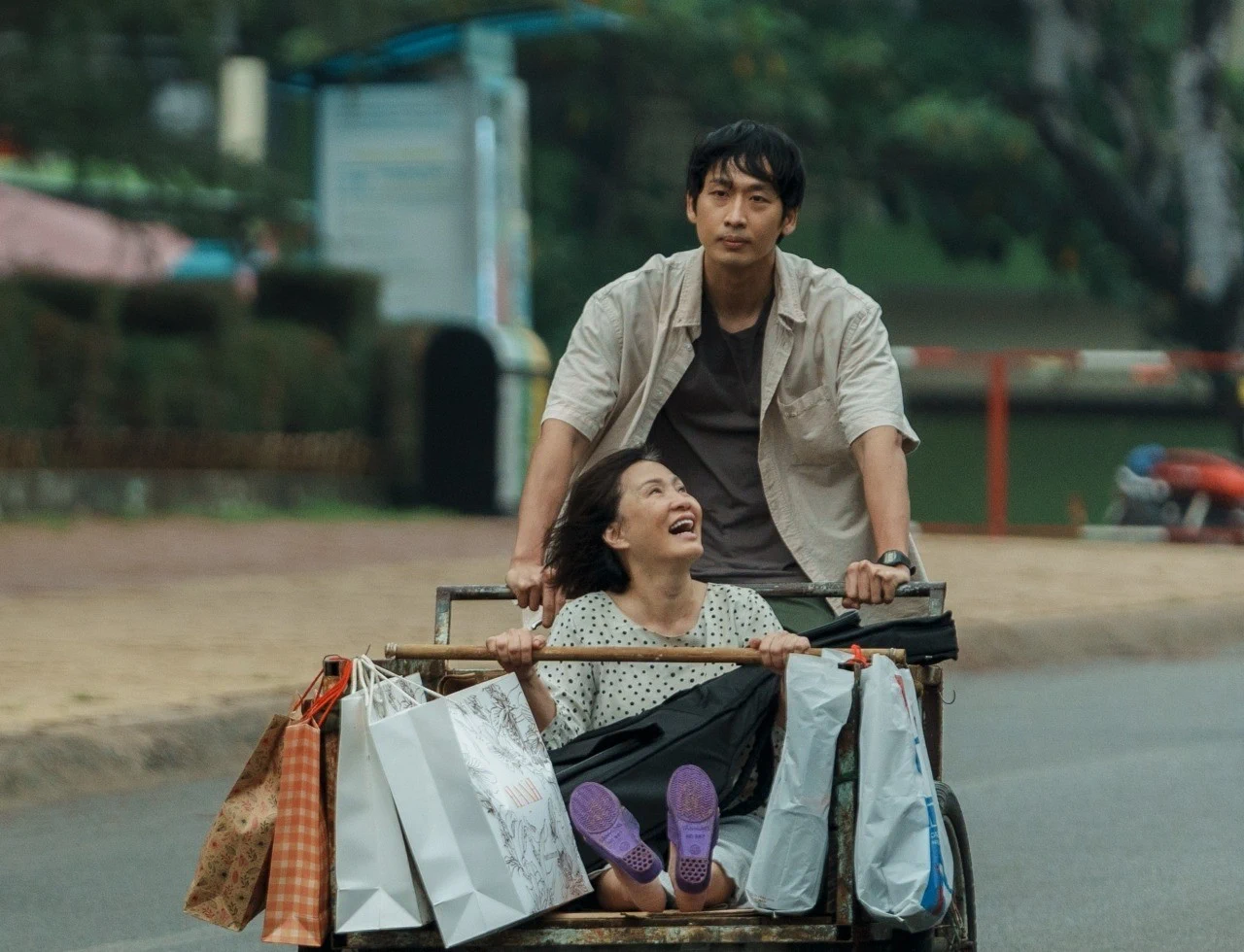


![[Photo] Deep sea sand deposits, ancient wooden ship An Bang faces the risk of being buried again](https://vphoto.vietnam.vn/thumb/1200x675/vietnam/resource/IMAGE/2025/11/13/1763033175715_ndo_br_thuyen-1-jpg.webp)







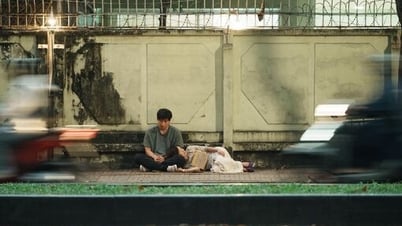

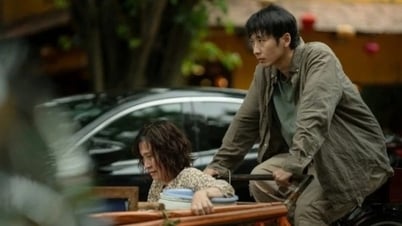



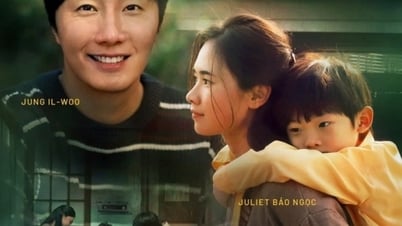
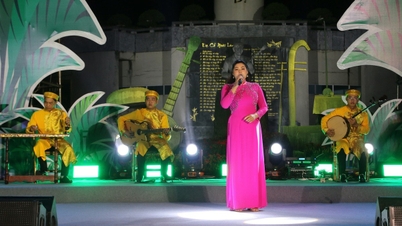

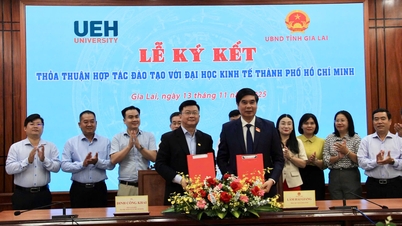

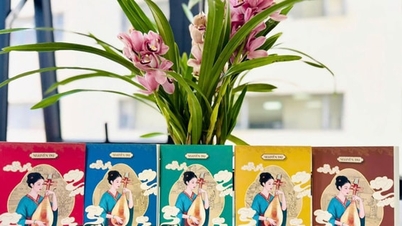



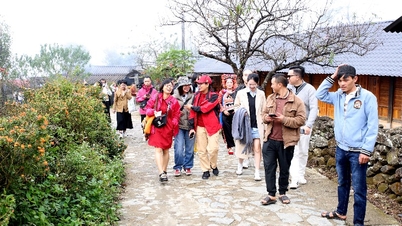






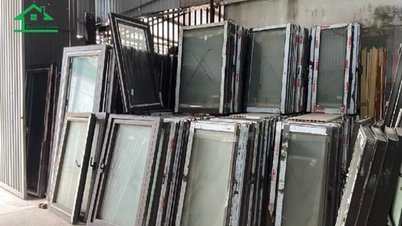


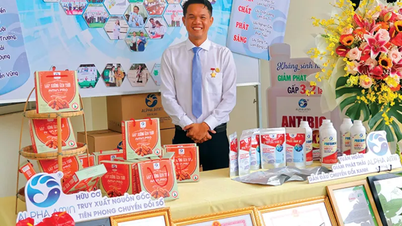
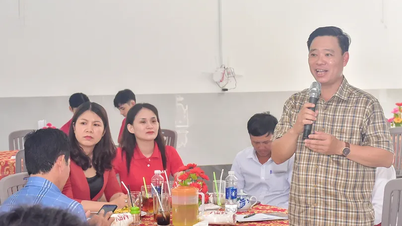






































![[Photo] Panorama of the 2nd Vietnam-Cambodia Border Defense Friendship Exchange](https://vphoto.vietnam.vn/thumb/402x226/vietnam/resource/IMAGE/2025/11/13/1763033233033_image.jpeg)
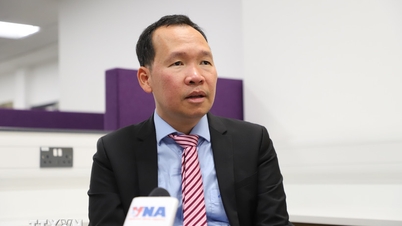

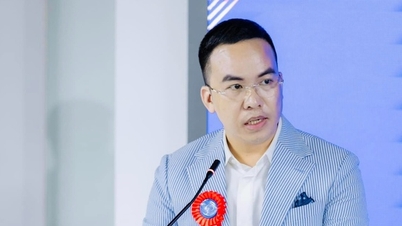
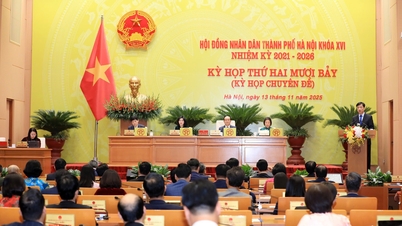

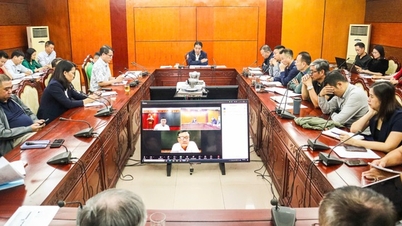

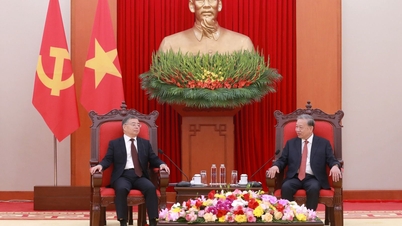
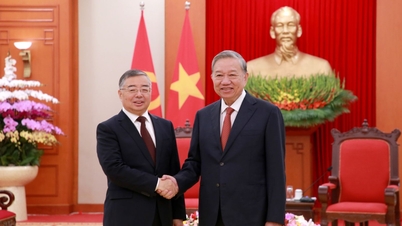
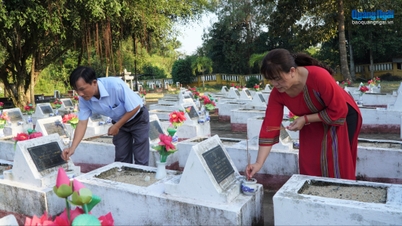
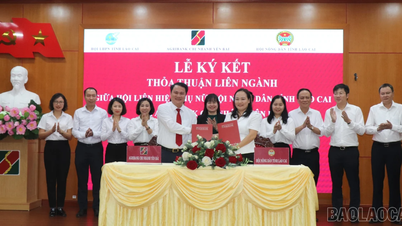

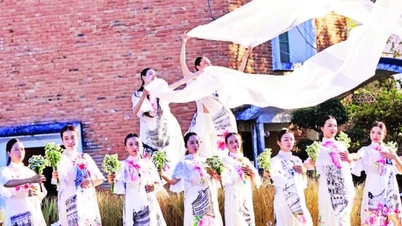


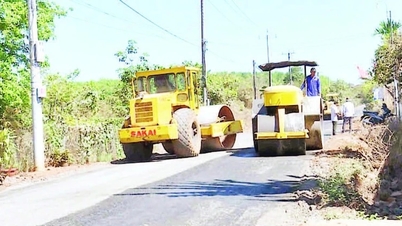




![Dong Nai OCOP transition: [Article 3] Linking tourism with OCOP product consumption](https://vphoto.vietnam.vn/thumb/402x226/vietnam/resource/IMAGE/2025/11/10/1762739199309_1324-2740-7_n-162543_981.jpeg)






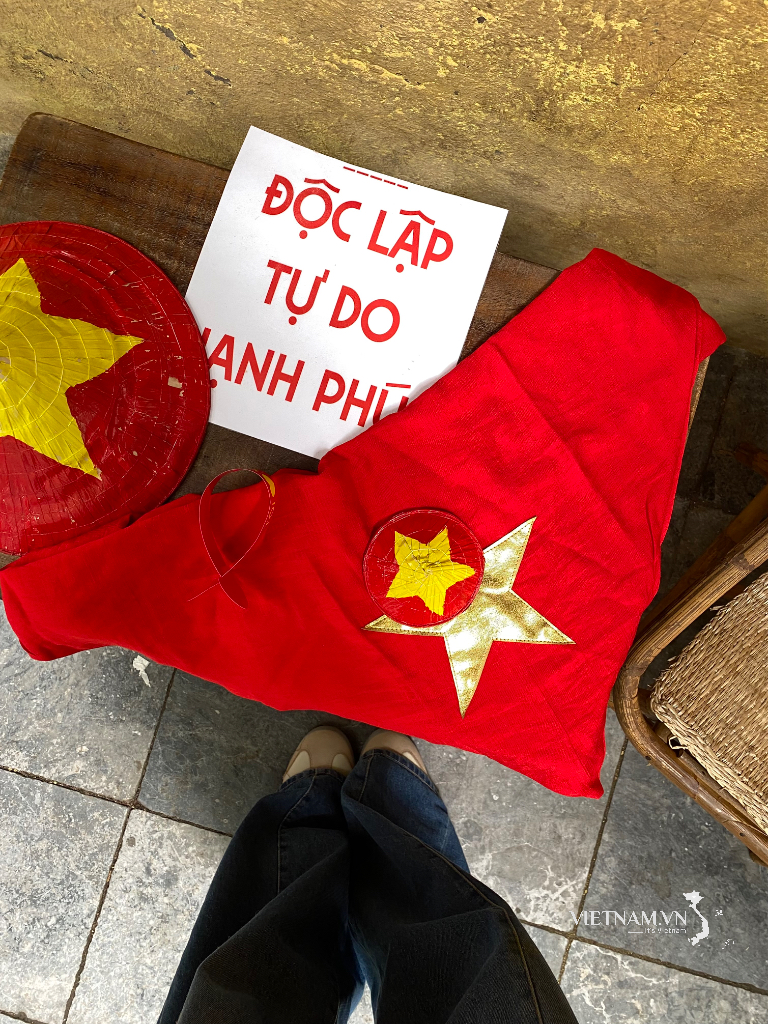
Comment (0)